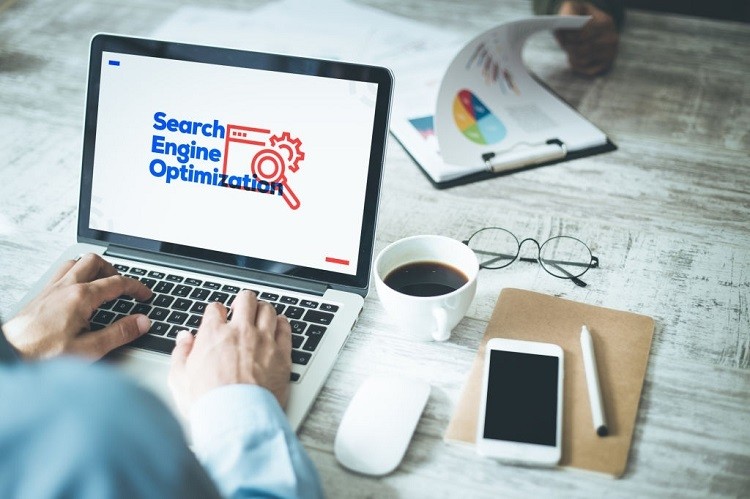Every website needs to have on-page SEO strategies. It ensures that the site offers a relevant experience for the users and search engines. This helps the website rank higher and get more organic traffic. So what are the things that make On page SEO factors important? Read on to learn more.
Keyword Optimization for On-Page SEO
It is crucial to strategically use the right keywords across your webpage. It is important to have a balance where the keywords can improve content readability. Start with the target keywords and identify them using online research tools. You can then proceed to include these keywords naturally in the following:
- Title tags
- Meta descriptions
- Headers
- Content
- URL
- Internal links
- Mobile friendly site
Title Tags and Meta Descriptions
This is the first information that users see on your webpage. So, make sure that the title tags and metadata have the primary keywords. It should also be concise and catchy. Follow the correct length where title tags should have 50 to 60 characters, while the meta descriptions must be 150 to 160 characters.
Header Tags
The header tag structure must be easy for users and search engines to navigate. Make sure that the headers are descriptive and are aligned with search intent. It must also be well-organized to help improve readability and SEO performance.
- H1 Tag. This is used per page with the primary keyword.
- H2 and H3 Tags. These can help break content into sections.
High-Quality Content
Content must be high quality when it comes to SEO. It must address what the users are looking for. It must also be informative and easy to understand. You can use relevant keywords without stuffing them. Make the content even more useful by adding visual elements. This can help improve engagement. High-quality content ranks higher on SERPs. This gets shared more and better at earning backlinks.
URL Structure
It is crucial to have a clear and descriptive URL structure. This scan helps the search engines and users understand what the website is all about. Make sure that you have the main keywords in the URL. Keep it short and easy to remember. Using hyphens “-” instead of underscores “_” is also more effective.
Internal Linking
These connect the different pages of your website. It allows the search engines to “index” your content. The links also improve the overall user experience. It also guides users to the page where the content they need can be found. This increases the time they spend on your website.
Mobile-Friendliness
Google seems to prefer websites that are mobile-optimized. This is mainly because most users are now using their mobile devices. Ensuring mobile responsiveness means the website layout adapts to different screen sizes. Websites that are easy to use improve user experience.
On-page SEO can improve the website’s online visibility. It also boosts the search engine rankings. Always remember that the key to effective SEO is providing value. You also have to ensure that it is easy for search engines to understand your website content.
